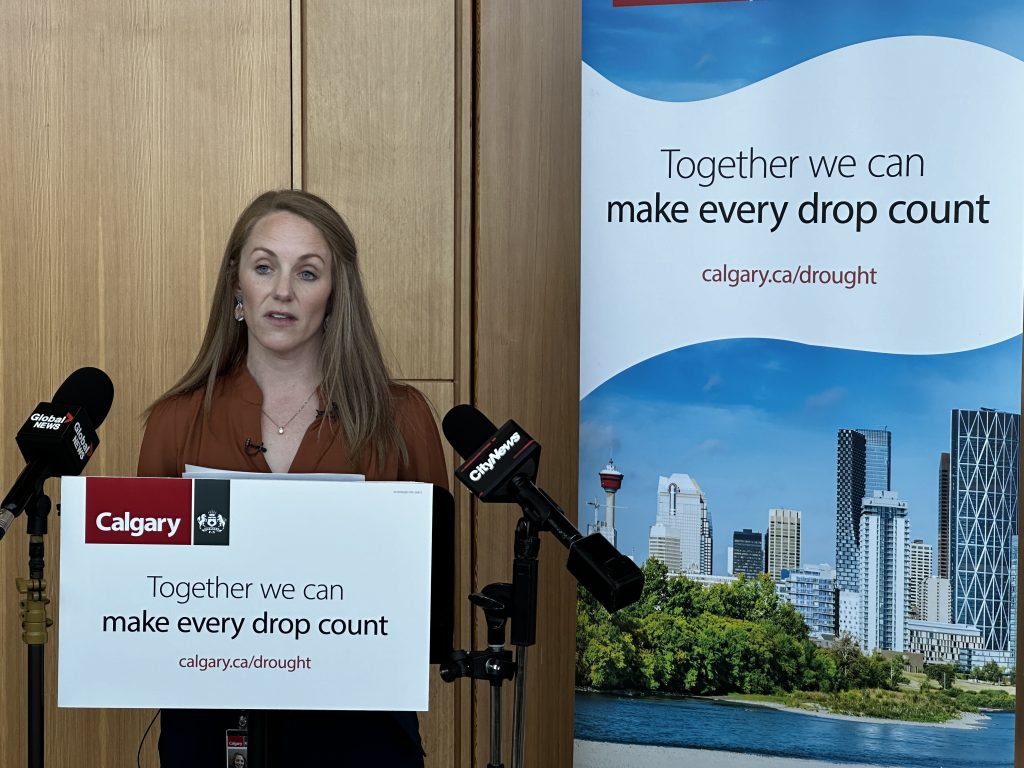Sharp differences surface in CRTC hearings on wireless industry code
Posted Feb 11, 2013 6:30 pm.
This article is more than 5 years old.
GATINEAU, Que. – Consumer groups and a cellphone industry with starkly opposed views about contracts for handheld devices began to make their cases Monday as the CRTC opened public hearings on a proposed wireless code.
Representatives of three consumer groups urged the national telecom regulator to do away with three-year terms in favour of capping contracts at two years.
The Public Interest Advocacy Centre, the Consumers’ Association of Canada and Council of Senior Citizens’ Organizations of British Columbia also oppose wireless carriers restricting the use of phones to specific countries or network providers.
And they’re against companies charging sky-high roaming fees when devices are used outside their normal coverage area.
“Consumers are sick of termination penalties designed to keep them locked into long-term contracts,” said John Lawford of the Public Interest Advocacy Centre.
“Consumers are tired of locked handsets. Consumers are often in shock after opening a bill where roaming charges or coverage fees have been applied.”
Contract limits are but one of several contentious issues before the Canadian Radio-television and Telecommunication Commission as it holds a week of hearings in Gatineau, Que., on its proposed wireless code.
The commission aims to set national standards for the content and clarity of cellphone contracts.
In the lead-up to the hearings, the CRTC said it heard a lot of angry comments about three-year contracts offered by wireless carriers when it was putting together a draft version of the national code for wireless services.
So far, the commission hasn’t taken up the idea of banning such contracts and has instead dealt with such issues as early-termination fees, allowing the consumer to cancel service at any time.
The federal Competition Bureau said it supports measures to limit contract length.
The Canadian Wireless Telecommunications Association, which lobbies on behalf of the industry, opposes getting rid of three-year contracts.
“If that was really the choice that consumers wanted … someone will provide it in the marketplace,” said the group’s president and CEO, Bernard Lord, the former premier of New Brunswick.
“The key thing with this code is don’t eliminate choice. Don’t have the strong arm of government and the regulator come in and say, ‘From now on, this is how it’s going to be.’
“Make sure the choices are there so consumers who want two-year contracts can get them, if they want three-year contracts they can get them, if they want unlocked phones they can get them. But don’t force people to offer it that way.”
But the consumer groups claim most carriers’ two-year plans are not true options for consumers. Most three-year plans offer deep discounts on the price of the handheld device. But the groups say two-year plans often charge a lot for the device itself on top of the monthly service fees. For that reason, many consumers opt for the three-year plans.
On the CRTC’s online forum about the draft wireless code, participants also complained about locked cellphones.
The draft code says the carrier must provide the consumer with the means to unlock the device after no more than 30 days of service, at the rate specified in the contract.
No Canadian wireless carriers currently sell unlocked phones, although there are ways to unlock a device after buying one, the Canadian Wireless Telecommunications Association said.
That’s a failing in the market, said CRTC chair Jean-Pierre Blais: “The market’s not working. If nobody’s doing it now, that means the market is not working.”
The regulator also says in the proposed code that consumers can set a cap on additional fees, which would including text messaging, data and roaming charges, for example.
Meanwhile, the consumer groups argued that any new wireless code ought to apply to all existing contracts — including prepaid deals — not only new ones.
But a senior Telus executive told the CRTC that would be difficult to do.
“There are, arguably, rate elements to some of the proposals here that, you know, I just think that there’s legal questions around that, and I don’t think that we need to do it,” said Ted Woodhead, the company’s head of government and regulatory affairs.
“Over time, a very large number of customers at Day 1 would be captured, given the run rate in the industry. Over time, everyone would be captured.
“Don’t get me wrong: I appreciate the sentiment that it should apply universally, but there are valid legal reasons — and, frankly practical reasons — why that isn’t a good approach to take.”
The CRTC is scheduled to hear from wireless service providers — including Bell Canada and Rogers — this week.










